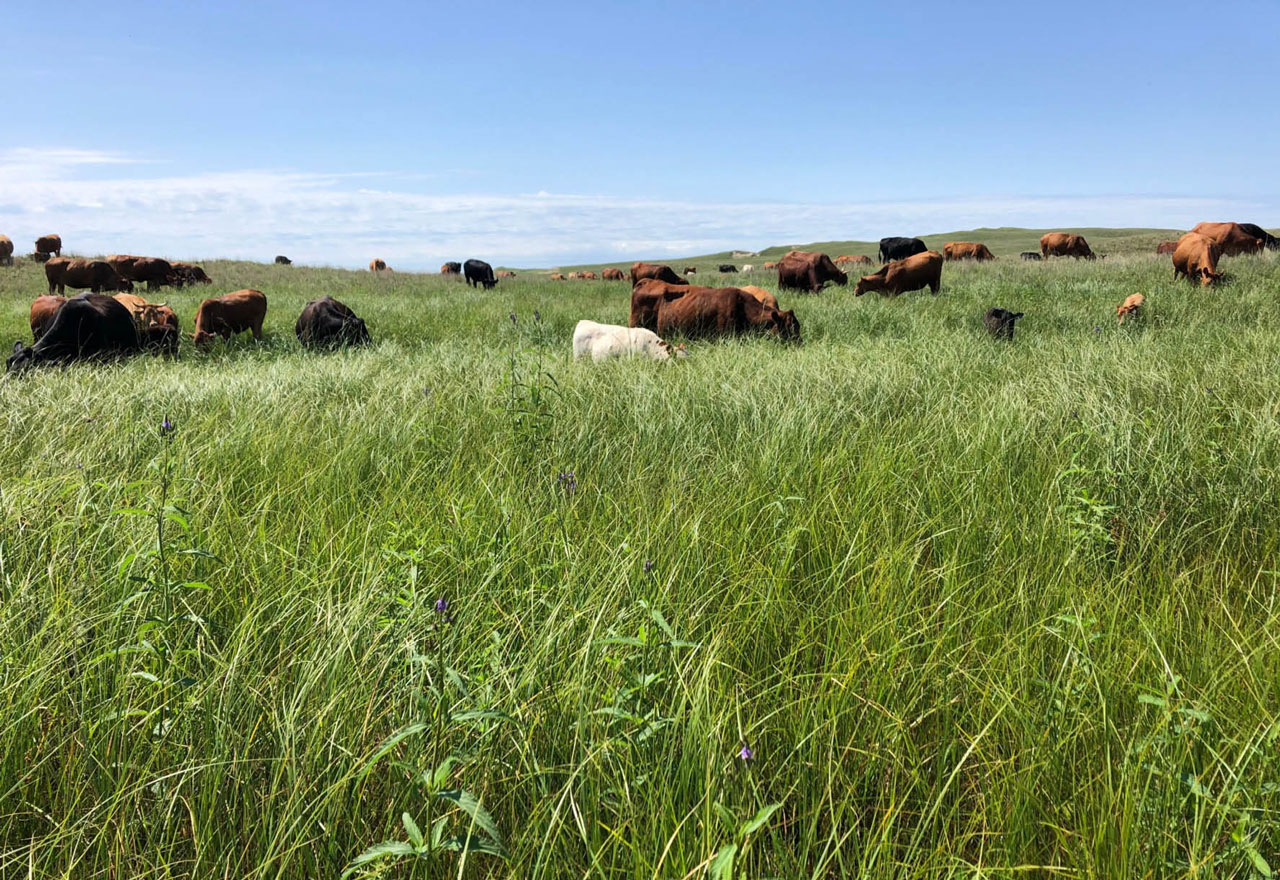An update from Policy Director Kestrel Burcham, JD
Even though it is not always front and center, policy undergirds Cornucopia’s work. Policies steer legislative outcomes, and we carefully follow the agricultural strategies of each administration.
Climate Policy
President Biden’s Executive Order, Tackling the Climate Crisis at Home and Abroad, laid out the administration’s plan to mitigate climate change. The order initiated working groups representing multiple federal agencies to consider and, ideally, address the growing climate crisis.
The USDA requested input, and Cornucopia’s comments asserted that organic agriculture already presents an opportunity to mitigate climate change while creating economic, environmental, and health benefits for all.
The USDA should focus on improving and creating programs that encourage conventional farmers to convert their operations to organic production.
Reports from farmers across the country, particularly from the fire-and-drought-embattled West, underscore the promise of organic agriculture: Organic fields and pasture generally retain more water than conventionally farmed soils.
Since the National Organic Program (NOP) and the organic standards already exist, there is enormous potential if the USDA offers additional support. Cornucopia recommended improvements to grant programs, increased funding for conservation lands, and expanded resources for new and existing farmers who use climate-friendly management.
Origin of Livestock
This year, Cornucopia also offered comments to the NOP regarding the painfully longstanding issue of origin of livestock in organic dairy. The NOP opened – once again – the proposed-but-never-finalized rule from 2015 for public comments while raising a few new questions.
Cornucopia recommended clear language and definitive terms to help move the needed regulation forward as quickly as possible as it may finally prevent the continuous transition of conventional cattle into organic production.
The lack of this regulation has allowed factory farms to gain a foothold in the organic marketplace and fill supermarkets with a glut of organic milk – presenting an inordinately high risk for organic integrity.
Our policy team determined that in 2019, less than 1% of all organic dairies provided more than 25% of the organic milk produced in the US. Twenty-two of these mega-dairies operate in arid regions of Colorado, New Mexico, and Texas.
Massive, industrial organic dairies have great power, but far less to lose than the dairy families who provide authentic organic milk from a closed herd on legitimate pasture. Rulemaking and enforcement must consider the risks to these operations and our overall food security.
Native Ecosystems
As the organic marketplace evolves, so must rulemaking. The conversion of native ecosystems to organic production is a flagrant practice in dire need of sound policy.
Native ecosystems such as wetlands, native grasslands, and rainforests that have experienced little human disruption are increasingly rare in the world. These important habitats, which contain most of the biodiversity on the planet, provide superior ecosystem services that cannot be achieved through cultivation.
A perverse incentive in the organic regulations allows native ecosystems, because they are pesticide free, to be converted to organic agriculture without the required three-year transition period.
In 2018, the National Organic Standards Board (NOSB) recommended rulemaking that would protect rare species and help uphold organic integrity. The NOP has yet to take action. Working with partners, including movement leader Wild Farm Alliance, Cornucopia has been pushing for policy to help preserve these dwindling resources.
The NOP has stated it has “no legal authority” to enact protection for native ecosystems. However, federal agencies are given broad authority over what rules they create, and Cornucopia responded with a detailed legal argument to that effect. Biodiversity and climate health are at stake.
What’s Next
Both the Origin of Livestock and Strengthening Organic Enforcement Rules are expected to land for public comment in the spring.
The new year may also see the release of a new Organic Livestock and Poultry Practices (OLPP) Rule. If done right, the OLPP will provide an important animal welfare update to the organic standards.
In spite of USDA gridlock and fraud concerns, the organic seal remains the most trustworthy label in the marketplace when we cannot know our farmer.


